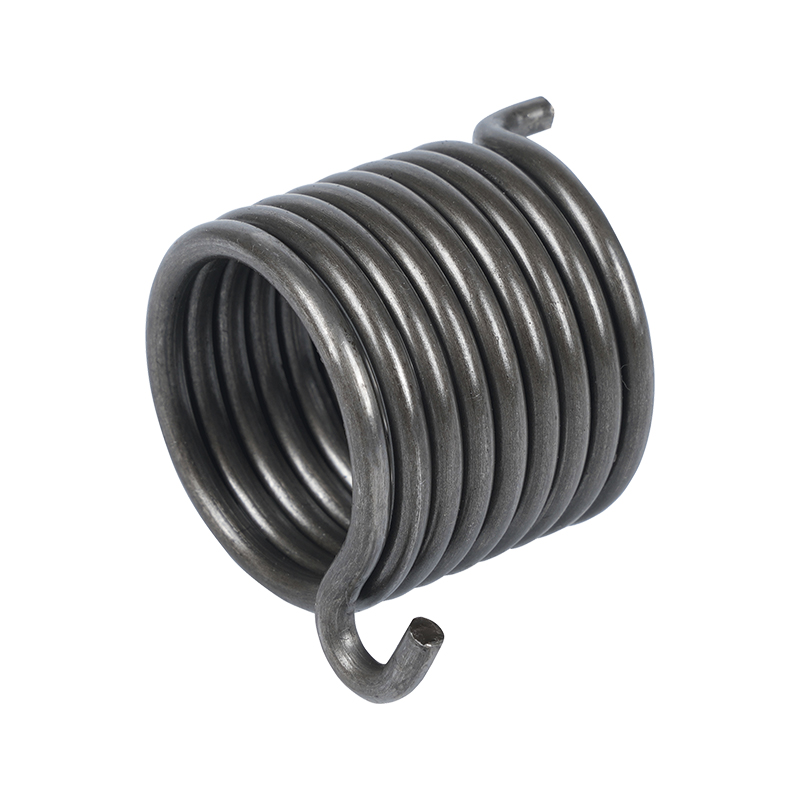How Custom Cast Aluminum Enhances Corrosion Resistance in Outdoor Applications?
Custom Cast Aluminum has become an essential material across industries ranging from construction and automotive to marine and outdoor equipment manufacturing. Its popularity stems not only from its lightweight and strength but also from its natural resistance to corrosion. A key advantage of Custom Cast Aluminum lies in its ability to withstand harsh environmental conditions due to the formation of a natural oxide layer. When enhanced through anodizing treatments, this resistance is further improved, giving Custom Cast Aluminum an edge in long-term performance and visual appeal.
Natural Oxidation: A Built-In Protective Feature
When Custom Cast Aluminum is exposed to air, it naturally reacts with oxygen to form a thin, dense layer of aluminum oxide on its surface. This layer acts as a protective barrier, preventing further oxidation and reducing the likelihood of rust or surface deterioration. This passive protection is one of the valuable features of Custom Cast Aluminum, particularly for applications in outdoor or humid environments.
Unlike materials that require regular coatings or painting to prevent corrosion, Custom Cast Aluminum provides this resistance inherently. This quality makes it a preferred material for outdoor lighting housings, garden fixtures, architectural elements, and marine hardware. In these contexts, long-term exposure to moisture and varying temperatures is unavoidable, and a reliable material is critical.
Anodizing: Controlled Surface Enhancement
While natural oxidation offers basic protection, the surface of Custom Cast Aluminum can be further strengthened through a process called anodizing. Anodizing is an electrochemical treatment that thickens the natural oxide layer on the aluminum surface. The resulting finish not only improves corrosion resistance but also increases surface hardness and enhances aesthetic appeal.
Anodized Custom Cast Aluminum is often used in products that must maintain their appearance and structural integrity over time, such as signage frames, solar panel brackets, and outdoor furniture components. The anodized layer is highly stable, non-reactive, and integrates well with the base material, making it a valuable upgrade in many design and engineering contexts.
Outdoor Use and Corrosion Challenges
Outdoor environments present a range of challenges to metal components. Rain, snow, temperature fluctuations, UV exposure, and pollutants can degrade materials quickly if they are not well protected. Custom Cast Aluminum offers a dependable solution thanks to its dual-layer protection: natural oxidation and the option for anodized treatment.
For example, street lamp housings made of Custom Cast Aluminum benefit from long-term durability without requiring frequent maintenance. Similarly, in coastal areas where salt-laden air accelerates corrosion in steel and iron parts, Custom Cast Aluminum performs well, retaining both its structural strength and appearance.
Advantages Beyond Corrosion Resistance
While corrosion resistance is a primary focus, it’s important to note that the benefits of Custom Cast Aluminum extend further. The material is highly formable, allowing complex shapes to be created through casting methods. These forms retain their detail and structural integrity even when exposed to rough conditions.

Moreover, Custom Cast Aluminum supports a wide range of surface finishes after casting and anodizing. The anodized layer can be dyed in various colors or left in its natural silver tone, giving manufacturers design flexibility while maintaining material integrity.
Applications That Demand Long-Term Durability
Several industries rely on Custom Cast Aluminum not only for its mechanical properties but also for its ability to resist corrosion over time. These include:
Architecture and Construction: Railing components, window frames, and facade elements benefit from the weather-resistant properties of Custom Cast Aluminum.
Transportation: Automotive parts, bicycle frames, and trailer components often require materials that can handle road salt and weather exposure.
Renewable Energy: Mounting systems for solar panels rely on the lightweight and corrosion-resistant nature of Custom Cast Aluminum.
Public Infrastructure: From park benches to street signs, municipalities select Custom Cast Aluminum to reduce maintenance costs.
Environmental and Maintenance Considerations
The corrosion resistance of Custom Cast Aluminum reduces the need for ongoing maintenance, repainting, or replacement. This makes it a cost-effective material over its service life and an environmentally responsible option as it lowers the use of chemicals for coating and the demand for replacement parts.
Additionally, Custom Cast Aluminum is 90% recyclable without loss of quality. This characteristic aligns with sustainable practices, particularly in Europe and North America, where environmental compliance is an important aspect of material selection.
The performance of Custom Cast Aluminum in outdoor and moisture-prone environments is largely attributed to its natural and enhanced corrosion resistance. The self-forming oxide layer provides basic protection, while anodizing adds a deeper level of defense and surface performance. Whether for aesthetic architecture, durable transport parts, or low-maintenance public fixtures, Custom Cast Aluminum continues to prove its value.
By combining durability, visual flexibility, and corrosion protection, Custom Cast Aluminum remains a trusted material choice in modern manufacturing and design. As demands for high-performance materials grow, especially in outdoor and sustainable applications, the benefits of Custom Cast Aluminum make it a practical and forward-looking solution.


 English
English русский
русский Español
Español











